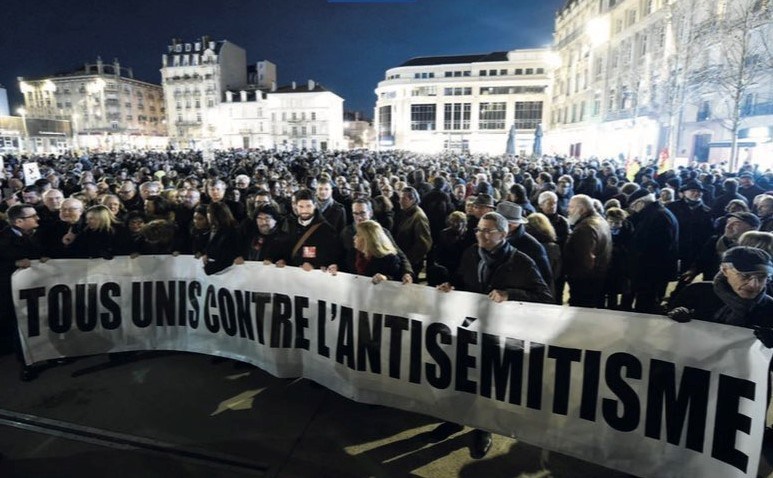The European Commission decided on Thursday to send letters of formal notice to Belgium, Bulgaria, Finland, Poland, and Sweden as their national laws do not fully or accurately transpose EU rules on combating racism and xenophobia by means of criminal law (Framework Decision).
The Framework Decision (2008/913/JHA) aims to ensure that serious manifestations of racism and xenophobia are punishable by effective, proportionate and dissuasive criminal penalties throughout the EU.
A letter of formal notice is the first step in the Commission’s infringement procedures against member states that fail to fully transpose EU law. After that, the Commission can send a reasoned opinion requesting the country concerned to inform it of the measures taken, within a specified period, usually 2 months.
If the country still does not comply, the Commission may decide to refer the matter to the Court of Justice. Most cases are settled before being referred to the court.
The Belgian and Bulgarian legal frameworks do not ensure that racist and xenophobic motivation is taken into account by national courts as an aggravating factor for all crime committed. Bulgaria has failed to transpose correctly the criminalisation of specific forms of hate speech, which incite violence or hatred, namely the public condoning, denial or gross trivialisation of international crimes and the Holocaust.
The Polish criminal legal framework fails to transpose correctly hate speech inciting to racist and xenophobic violence and restricts the scope of the criminalisation of incitement to hatred.
Additionally, Poland has incorrectly transposed the criminalisation of specific forms of hate speech, by omitting the conduct of gross trivialisation of international crimes and the Holocaust and by restricting the criminalisation of the denial and condoning of those crimes only to cases where such crimes were committed against Polish citizens.
The letter to Poland follows the recent controversy in the country over the application of its so-called Holocaust law where a Polish historian was prosecuted for his research on the collaboration of Polish citizens with Nazi-Germany during its occupation of Poland during WWII.
The Finnish and Swedish legislation incorrectly transpose hate speech inciting to violence and fail to criminalise hate speech when addressed to individual members of a group defined by reference to race, colour, religion, descent or national or ethnic origin.
In addition, Finland and Sweden fail to criminalise the specific forms of hate speech, namely the public condoning, denial or gross trivialisation of international crimes and the Holocaust. Finland has also failed to ensure that the criminal offences concerning racism and xenophobia can be investigated and prosecuted without a report or an accusation made by the victim.
The five member states have two months to reply to the points raised by the Commission; otherwise, the Commission may decide to send a reasoned opinion. The Commission sent letters of formal notice to Estonia and Romania on this matter in October 2020, and these cases remain open. It is continuing to assess the transposition of the Framework Decision in other Member States.
In September 2020, the Commission published its first annual report on the rule of law in the EU member states covering both positive and negative developments.
M. Apelblat
The Brussels Times

